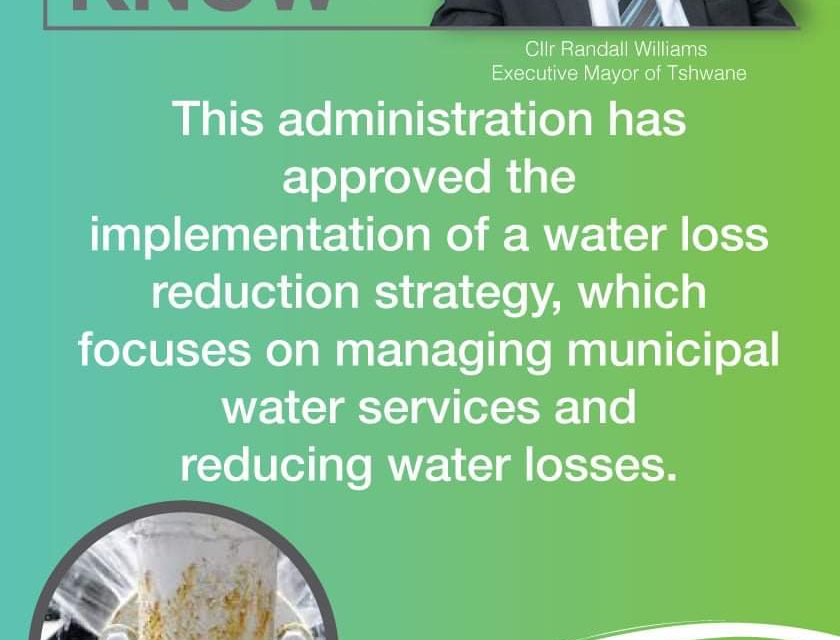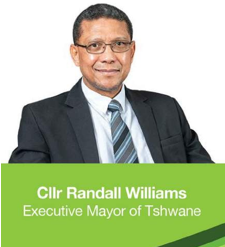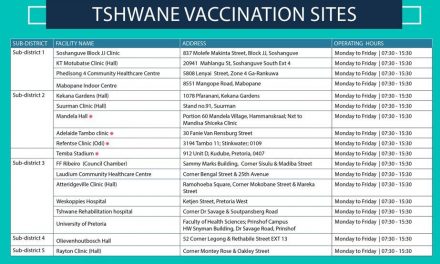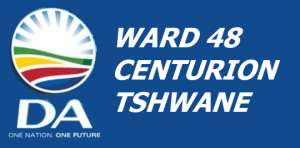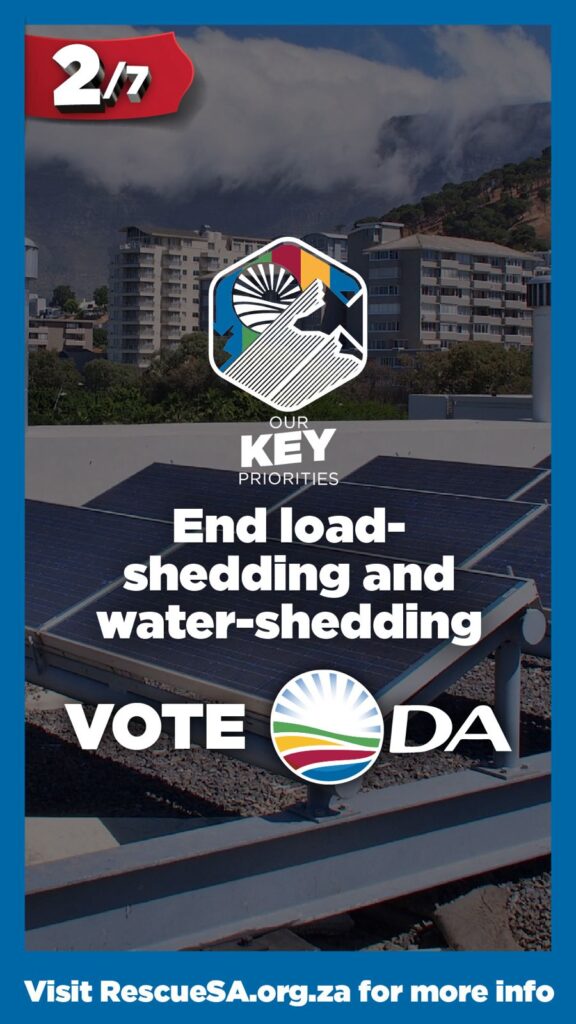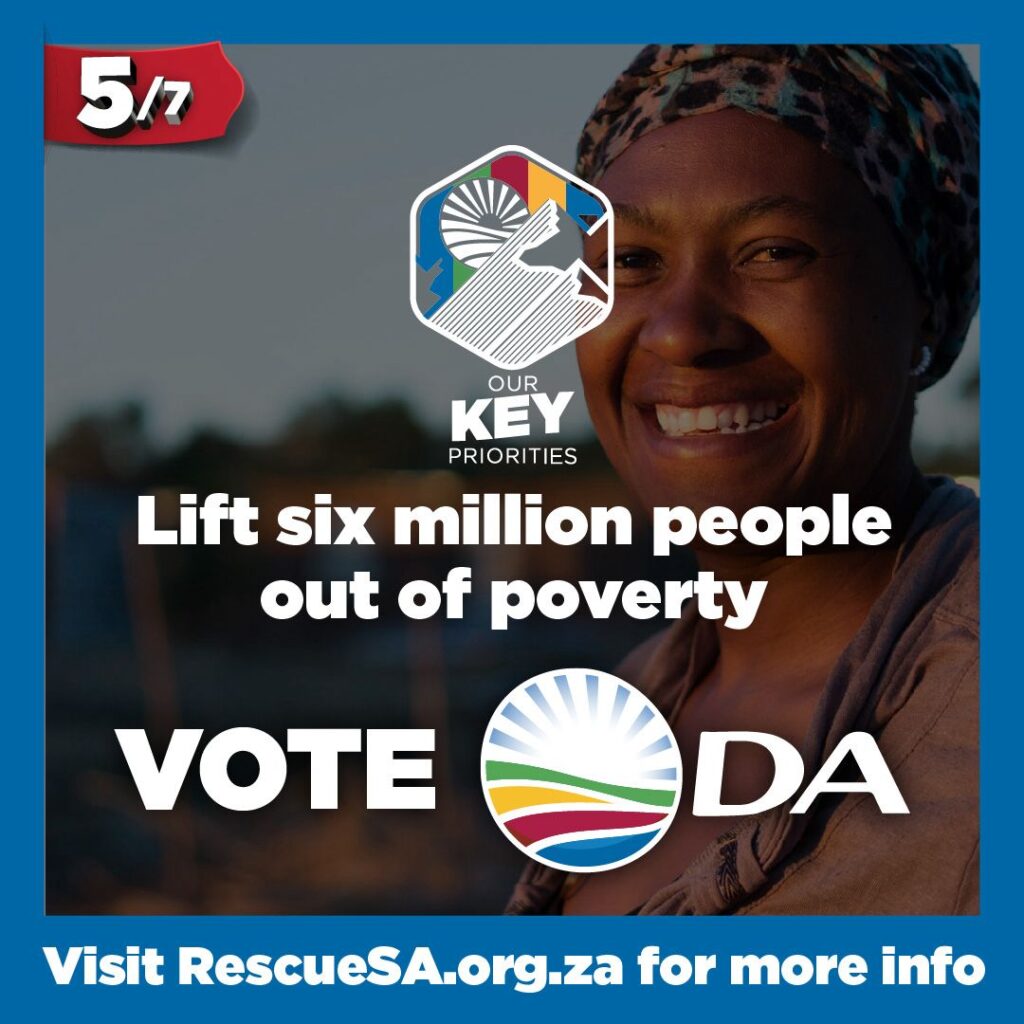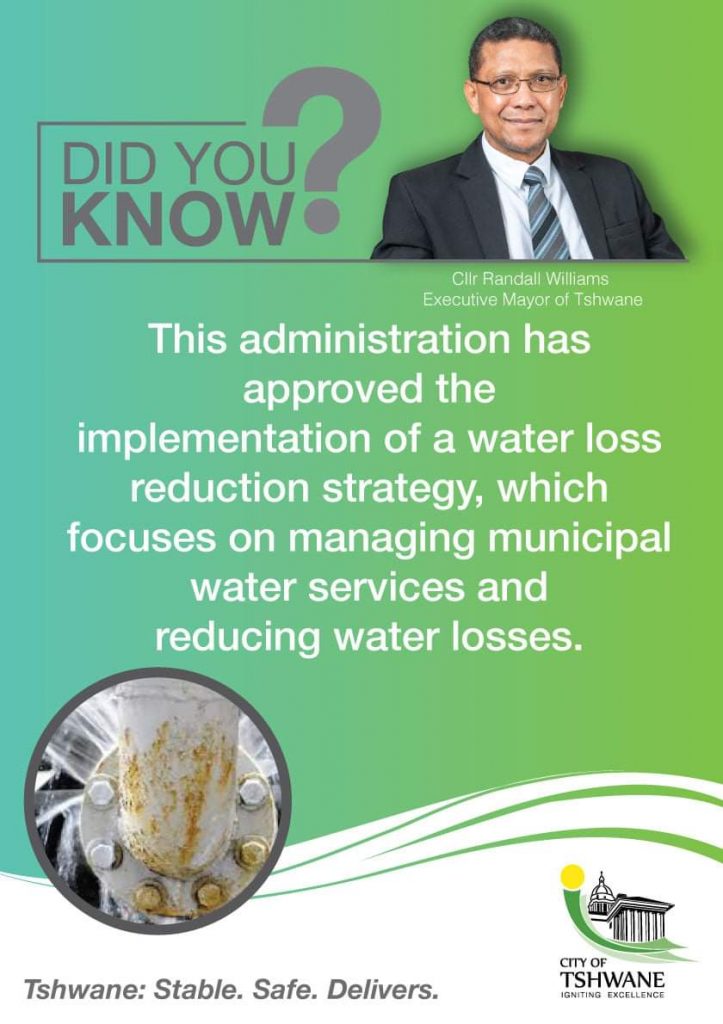
Despite good rainfall in the region, the Tshwane metro remains concerned over water security against demand with mild water restrictions remaining in place.
Tshwane spokesperson Lindela Mashigo said dams within Tshwane had been on an average of over 85% before the rainy season. However, this had minimal impact to the water supply demand in Tshwane as they provided only 21% of the total daily water demand compared to that of Rand Water which was 79%.
“The water restrictions will remain in place despite the recent good rains received in Gauteng. The restrictions imposed is to ensure continuous water supply in the region until the completion of the Lesotho Highlands project phase 2, which will provide additional water to the Integrated Vaal River System.”
The Lesotho Highlands is Rand Water’s main supplier and is currently being revamped.
Last year the metro reported to facing restrictions to its bulk water supply which had already exceeded limits.
It then introduced some rules to save water such as no watering of gardens with hosepipes or sprinkler systems between 06:00 and 18:00.
Other measures include no washing of vehicles with hosepipes and no filling up of swimming pools. The metro has also appealed to residents to use grey water to water gardens.
Mashigo said these measures remain in place.
Meanwhile, the department of water and sanitation has said the good rainfall season over the past weeks and greater rain expected over the next month looked promising in securing enough water for the dry winter season.
On Monday, the department shared news of one of the biggest dams, the Vaal dam reaching 100%.
